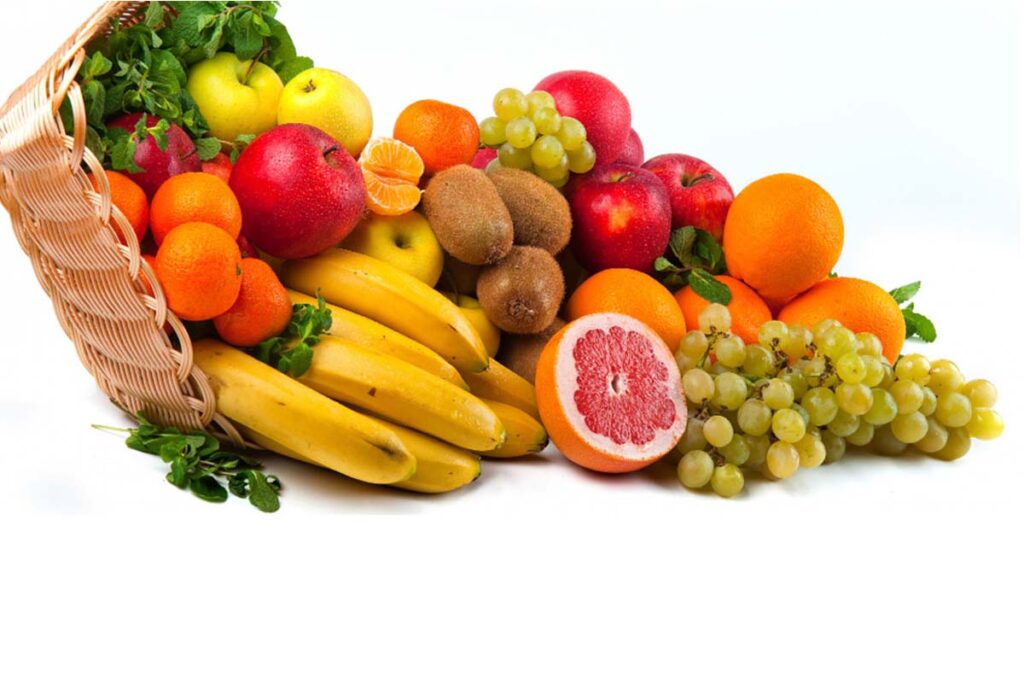Navigating Fruit Choices for Optimal Diabetic Health

Top 7 Fruits to Avoid for Diabetics: A Comprehensive Guide
When it comes to managing diabetes, maintaining a balanced diet is crucial. While fruits are generally considered healthy choices, some can have a significant impact on blood sugar levels, making it essential for diabetics to be cautious about their fruit intake. In this comprehensive guide, we’ll explore the top seven fruits that diabetics should avoid or consume in moderation to effectively manage their condition and maintain stable blood sugar levels.
- Grapes: Despite their sweet and refreshing taste, grapes are high in natural sugars and can cause a rapid spike in blood sugar levels. Opt for other lower-sugar fruits like berries instead.
- Mangoes: Mango lovers, beware! This tropical fruit has a high glycemic index, which means it can quickly raise blood sugar levels. It’s advisable to limit mango consumption and choose smaller portions when indulging.
- Pineapple: Although pineapple offers a delightful tropical flavor, it contains a significant amount of natural sugars. Diabetics should consume pineapple in moderation to prevent drastic fluctuations in blood sugar levels.
- Watermelon: While watermelon is a hydrating and refreshing summer fruit, it’s important to exercise caution due to its high sugar content. Enjoy watermelon in small portions to keep blood sugar levels in check.
- Bananas: Bananas are a popular choice among fruit lovers but can be problematic for individuals with diabetes. They are rich in carbohydrates and can cause a sharp rise in blood sugar levels. If you enjoy bananas, opt for unripe ones, which contain less sugar.
- Dates: Known for their natural sweetness, dates are concentrated in sugar and can cause a rapid surge in blood sugar levels. It’s best for diabetics to limit their consumption of dates or seek alternatives with lower sugar content.
- Figs: Figs are delicious and packed with nutrients, but they also contain high levels of natural sugars. Diabetics should consume figs sparingly and be mindful of their portion sizes.
While these fruits should be consumed with caution or avoided by diabetics, it’s important to remember that individual responses to fruits may vary. Monitoring blood sugar levels after consuming any fruit is essential to gauge personal tolerance and adjust dietary choices accordingly.
In conclusion, maintaining a well-balanced diet is vital for diabetics to manage their condition effectively. Although fruits are generally healthy, some varieties can significantly impact blood sugar levels. By being aware of the fruits to avoid or consume in moderation, individuals with diabetes can make informed choices that promote stable blood sugar levels and overall well-being.
Remember to consult with a healthcare professional or registered dietitian for personalized advice on managing diabetes and optimizing your dietary choices.





